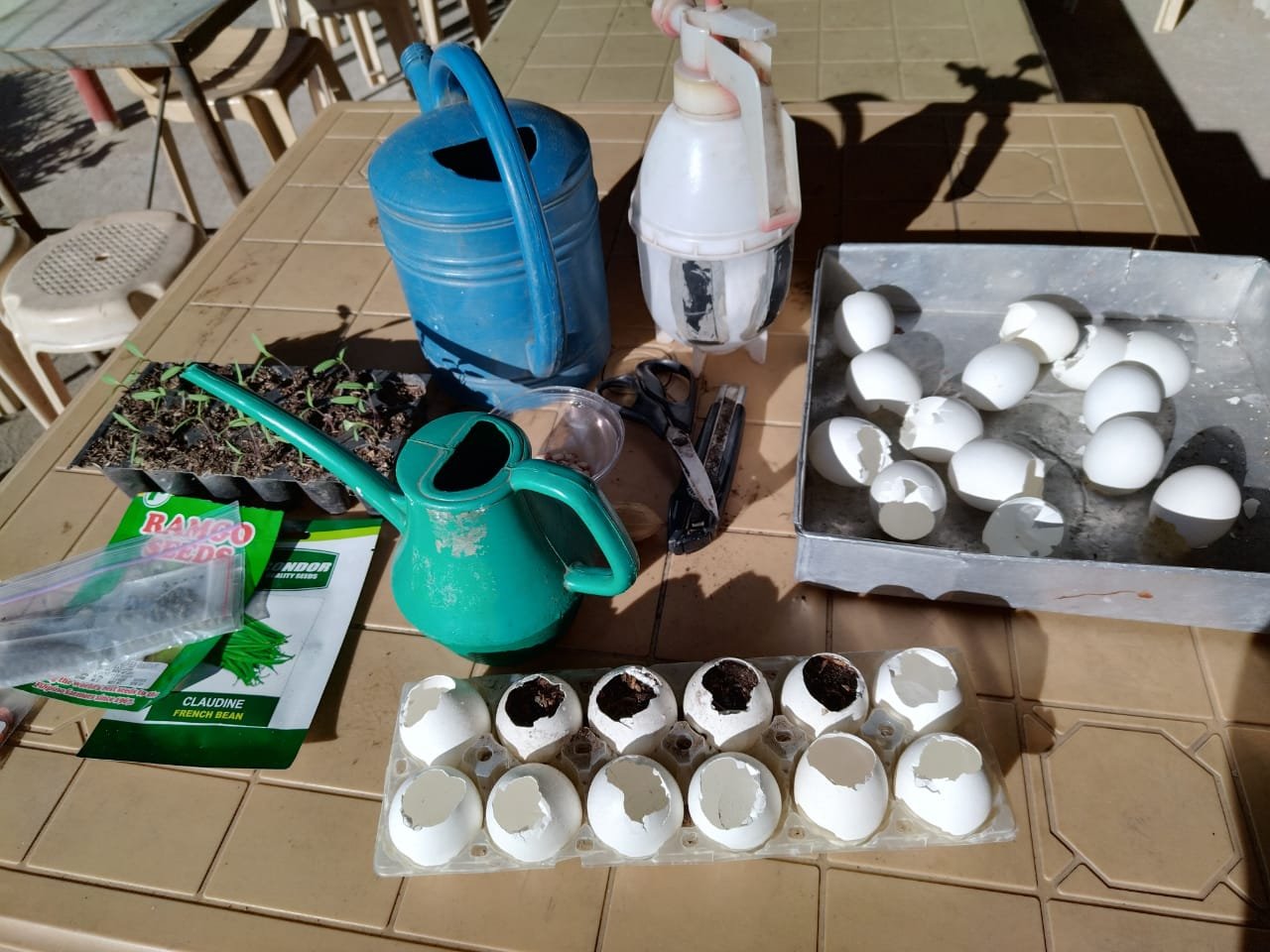Empowering the urban poor from Nepal to the Philippines
A dream begins in Nepal
Jon is a determined urban farmer from the Philippines, currently working at The Seed Project. How he made urban farming a part of his personal purpose began with the wish to witness the beauty of the Himalayas in Nepal. But his travels took an unexpected turn when he came across an opportunity to work as an agricultural technician, teaching backyard gardening at a local orphanage. "The orphanages were heavily reliant on foreign aid for basic needs," Jon explains. "Instead of just offering financial support, we taught them how to grow their own gardens."
Spreading knowledge across asia
After the success in Nepal, Jon’s work caught the attention of nonprofit organizations across Asia. This led to a network that now stretches across ten countries. During the COVID-19 lockdown, he teamed up with the Department of Social Welfare and Development in his hometown in the Philippines. Together, they provided seeds, planting materials, and guidance to help urban communities start their own gardens, even in tight spaces like rooftops and containers.
One key aspect of Jon’s work is the development of school gardens. Although he focuses on training teachers, the children’s growth is evident. "Teachers tell me that their students are more engaged and responsible, spending more time in the garden and less on their gadgets," Jon says. "It’s had a positive impact on their well-being."
Jon has also continued his work with orphanages and he has noticed the profound impact urban farming has on the children. Many arrived at the orphanage malnourished, but through their involvement in gardening, their health and development improved. "Watching the children become healthier through farming was truly inspiring," Jon shares.
Overcoming urban farming obstacles to reach more people
Urban farming in the Philippines comes with its own set of challenges. "There’s often a shortage of space and resources in the cities," Jon explains. "Plus, it can be difficult to generate interest and schedule training sessions."
Despite these hurdles, Jon remains focused on finding new ways to engage communities and involve businesses and property owners in the movement. "I want urban farming to be something everyone can take part in, especially those who need it most," he says.
Learn more about the Seed Project. If you are inspired by this story and want to learn more, check our community page.



